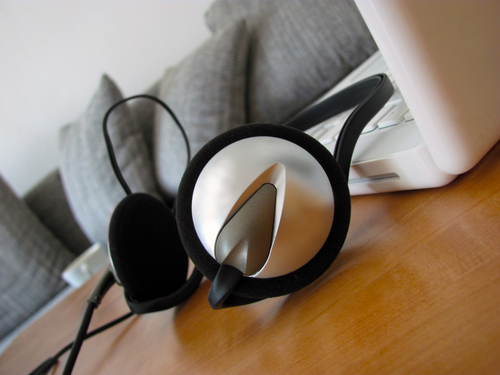An artist wants recognition. All music composers, regardless of the stage they are in, want their creations to be recognized with their authorship. All this makes many people think that the platforms of non-copyrighted music are the main enemy to fight if you are a composer, when reality shows a very different scenario.

The profile of a person looking for non-copyrighted music is that of someone who does not have money or time to hire a composer to release his video, film, or short movie. Whoever approaches non-copyrighted music platforms is not looking to discredit the composer’s work, but to find a quick solution in a convulsed world. Looking at it from this perspective, more and more composers decide to sell their pieces or even be hired by non-copyrighted music platforms, like Snapmuse, which provides a lot of high-quality musical productions. This has different advantages.
1. Greater Dissemination of Musical Works
It’s a fact: most people can’t easily identify the creations of the top 10 classical music composers in history. If this is so, the reality for today’s contemporary music composers is far worse. Non-copyrighted music platforms allow composers to sell their work and have a huge global reach. They can become famous and satisfied customers and contact them for their work.
2. It Is Not the End of Royalties
The royalties are far from over: they have recently set a new record. However, we are seeing a change in the concept of recompense to artists, especially from streaming platforms such as Spotify, which have been criticized for their low payments. In contrast, non-copyrighted music platforms buy music from composers, or even order albums from different composers according to their needs, which increases composers’ profits.
3. Fewer Obstacles to Selling Musical Compositions
In the physical world, selling a piece of music can be complicated. Historically, there have been many prejudices against groups of composers, such as women. The digitalization of this market and the sale of music products to non-copyrighted music platforms allows composers to access a world with less prejudice by nationality, gender, ethnicity, or orientation: what matters is the quality of the work.
4. Legal Protection Against Any Damage
All over the world, there are different associations that bring together composers to defend their rights. Each year, these associations receive millions of complaints about the theft of musical products made by composers who held the copyright. This happens mainly when the music is published freely or sold to individuals. However, if they are sold to non-copyrighted music platforms, the music will be protected. It will only be given to those who acquire it for their personal or commercial purposes.


